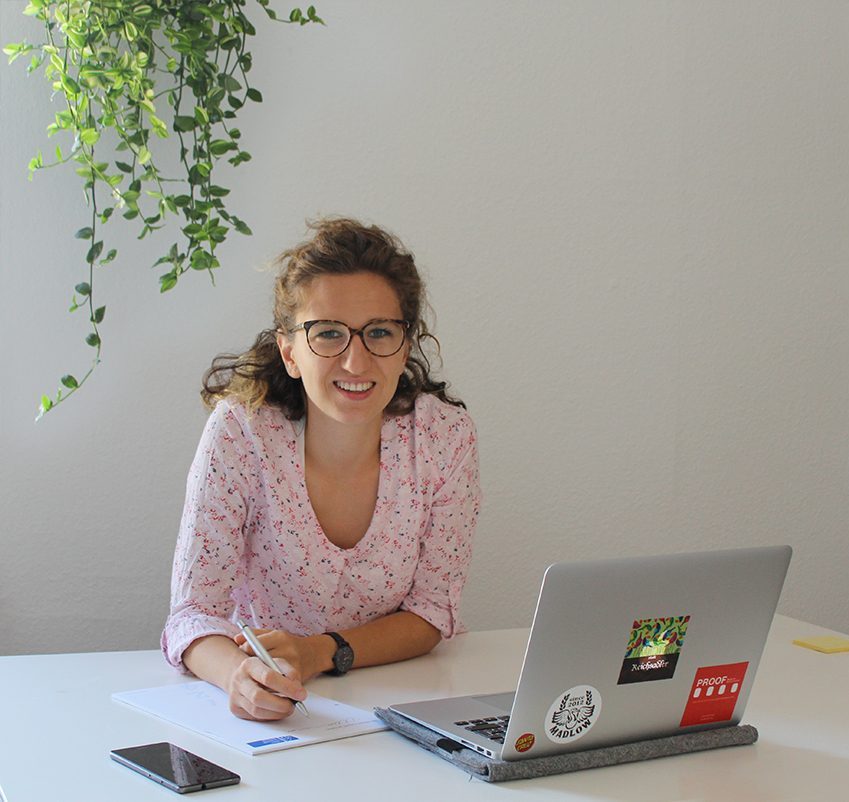Written Version
The Institute
The Institute for Didactics of Democracy is an Institute of the Leibniz University Hannover and is doing research in the field of didactics of Politics. As part of the EU team, we do research and projects on issues that play an important role in the international context and are in the focus of democracy building. In the context of the projects and as part of it, we often collaborate with NGOs, associations and other universities on an interdisciplinary basis in order to illuminate and explore the research questions in a multi-perspective way.
Our Role
As a university, we are involved in all stages of the research process of the VAI Project. In order to answer the research question “How to increase the participation of immigrants in voluntary work”, we first carried out an online survey in which organizations and foundations are asked to highlight their experience with volunteering and especially with immigrant volunteers. Currently, we have group interviews with members and leaders of German organizations to gain an insight into their experiences. In addition, we are using individual interviews with immigrant volunteers, to explore the different motivations and perspectives of the volunteers, as well as the benefits and the various difficulties of being a volunteer.
Expectations
On the one hand, our hope is to be able to acquire possible insights why immigrants- at national level – are still less involved than non-migrant people in volunteering and provide clues for answering the question how this state could be changed. On the other hand – on an international level-, we want to explore differences and equalities in structures of the participating countries in order to develop a Europe-wide strategy to cause an increase in the participation of immigrants in volunteering.
Contact
Gottfried Wilhelm Leibniz Universität Hannover
Welfengarten 1
Hannover 30167
Germany

